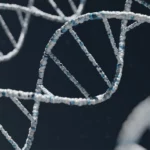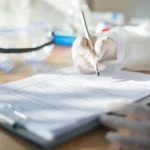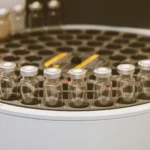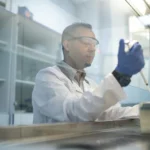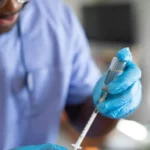The rapid expansion of advanced therapies has transformed how medicines are designed, manufactured, and evaluated. Unlike traditional pharmaceuticals, advanced therapy products, such as those for gene and cell therapy, function through biological mechanisms that modify cellular behavior or genetic expression,…
EMA’s updated nitrosamines guideline: Implications for acceptable intake limits and analytical strategies
The landscape of impurity control in pharmaceutical manufacturing has been profoundly reshaped by the emergence of N-nitrosamines as potent mutagenic impurities. Since the initial discovery of NDMA in sartan-based products in 2018, regulatory bodies have continuously refined their expectations to…
Designing “fit-for-purpose” quality control protocols for biologics and nucleic acid therapeutics
The rapid maturation of nucleic acid therapeutics and complex biologics has necessitated a significant shift in the pharmaceutical quality paradigm. Traditional “one-size-fits-all” approaches are increasingly inadequate for modalities like messenger RNA (mRNA), antisense oligonucleotides, and viral vectors, where the structural…
Outsourcing as a biotech: How analytical CROs drive efficiency, compliance, and speed in drug development
The landscape of drug discovery and development has undergone a tectonic shift over the last decade. As the molecular complexity of new chemical entities (NCEs) and biologics increases, the traditional model of maintaining comprehensive, in-house analytical laboratories is becoming increasingly…
Implementation of UPLC‑MS/MS workflows in peptide therapeutics: from method development to regulatory submission
Peptide therapeutics represent a rapidly growing segment of pharmaceutical pipelines, offering high specificity and potency. However, their bioanalysis poses unique challenges due to low concentration in complex biological matrices and structural instability. To overcome these hurdles, the industry is increasingly…
Analytical method development and stability-indicating strategies for synthetic peptide therapeutics under ICH regulatory frameworks
The pharmaceutical landscape is increasingly dominated by peptide therapeutics, which offer higher specificity and efficacy than small molecules. However, their complex chemical structures and inherent susceptibility to degradation present unique challenges in quality control. The transition of a synthetic peptide…
Preclinical Contract Research to Accelerate Drug Development: Study Design and FDA Toxicology Guidelines Considerations
Before a drug candidate reaches clinical testing, it must demonstrate safety and efficacy under controlled laboratory conditions. This early work, known as preclinical research, establishes whether a compound has a reasonable likelihood of success in humans. The quality and rigor…
Optimizing LC‑MS/MS Sensitivity: Strategies to Overcome Ion Suppression and Boost Robustness in Bioanalysis
Liquid chromatography coupled with tandem mass spectrometry (LC‑MS/MS) has become the reference technique for quantitative bioanalysis in drug development, pharmacokinetics, toxicology studies, and biomarker research. As regulatory expectations for sensitivity and reproducibility rise, laboratories increasingly turn to LC‑MS/MS to quantify…
Application of Biomarkers in Bioanalytics: Enabling Translational Development in Pharmaceutical R&D
In bioanalytical workflows, biomarkers serve as quantifiable proxies for biological processes, disease states, or therapeutic responses. Still, the rapid evolution of drug discovery and clinical development has transformed biomarkers from useful indicators into critical decision-making tools. Their application spans every…
Mass Spectrometry in GMP Environments: Enhancing QC and Compliance in Drug Development
In today’s highly regulated biopharmaceutical landscape, ensuring quality, safety, and efficacy across the drug development lifecycle is both a scientific imperative and a regulatory mandate. As therapies become more complex, traditional analytical tools are often challenged by demands for higher…

